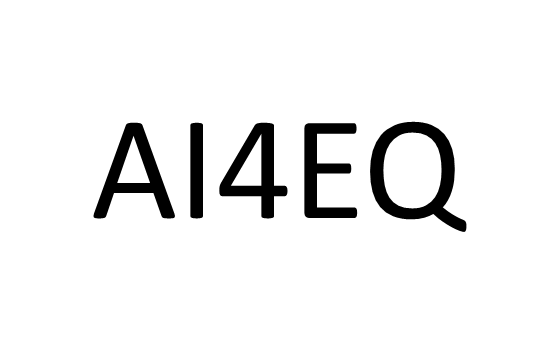Contents 3
3. UNIVERSALIZING THE BENEFITS OF AI
● There is no mention of any position on the «open science», in the sense of the upcoming UNESCO Open Science Recommendation , or «open AI» paradigm (in particular, open source and open algorithms to facilitate the dissemination of the benefits of AI). A paradigm of knowledge sharing, replicability and openness is needed. It is important, as we have mentioned, to have AI assessment frameworks that can include auditing to ensure that systems perform their function properly. In addition, there is an increasing amount of research on the impact of IA on society, which is a topic that Europe needs to address in a multi-disciplinary way as a matter of priority. Technology is not neutral and the adoption of AI is not within the reach of all, so it will not diminish inequalities on its own unless specific policy lines are developed with these objectives in mind. Recent studies show this to be the case. There is a risk of AI creating new inequalities as well as greater difficulties in the process of improving opportunities for vulnerable groups, thus creating an additional barrier between those who can benefit from AI and those who cannot.
● We may need to ask how AI could help disadvantaged sectors of the population (or even harm them if no measures are put in place to avoid this outcome). The risk is of creating a new AI gap, which would overlap with the already worrying digital divide that exists globally today.
● It would be highly desirable to mention the promotion of a social economy in the AI sector.

